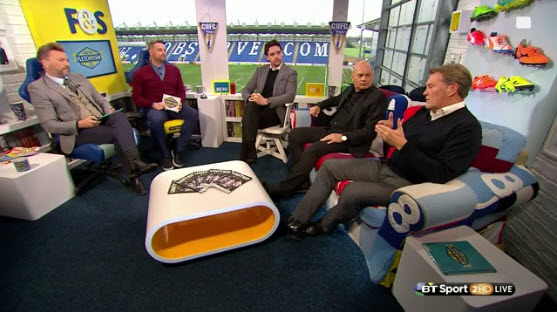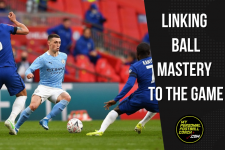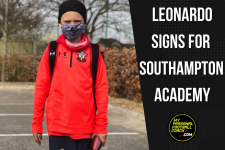I officially became a soccer parent when my son started playing football when he was aged 3. This was not Premier League football but 3 year old football which was just learning to kick the ball once, stumble across to kick it again and we celebrated wildly. Did he look happy? You bet he did! Did he want to share the ball? No he did not!
WARNING ALERT! Some may think we are tiger parents but we know that if you are enjoying something then you will put that little extra effort in to learning it and the outcome will be to become better without you even realising it. He showed improvement and it was evident that he was building a relationship with the ball.
At u6 he started playing with a local grassroots club because that was the natural progression and for me in my mind it was the start of playing football with a team which meant positions, passing and even tactics. At this age, it’s a bit like greyhound racing where the ball is the rabbit and you have kids running as fast as they can try to catch it and then kick it in a direction towards the goal or keep it for themselves by trying to dribble towards the goal. We had parents screaming the usual language and I was as guilty as anyone.
“Stay in your position, you are a defender.”
“Watch that kid, he’s behind you!”
“Pass, pass, PASS THE BALL!”
In some cases the instruction worked but more often than not it fell on deaf ears much to the annoyance of parents. This is not a piece about parents’ behaviour at youth football matches as that is another matter entirely but what I wanted to illustrate is the expectation of a parent and sometimes a coach of these very young soccer players. Take a step back and analyse whether these instructions are natural for 6 year old playing football? This is where the words of Glenn Hoddle really hit the mark. A child rarely wants to share anything and when they are focused on something, they are pretty much oblivious to everything else. The same applies to football so when you see an u5-u8 soccer player trying to dribble with the ball, do a skill and not pass then we must realise that this is the natural thing for them to do. They are trying so hard to manipulate that football and master it that nothing else comes to their mind like passing or positioning. Once they begin to feel comfortable controlling and moving the ball exactly how they want, then the other pieces start to come into their play. We noticed this first hand with all the boys but at different stages of their soccer development.
At a young age winning is not the most important thing… the important thing is to develop creative and skilled players with good confidence.
– Arsene Wenger
In the early years let’s not force them to do things that are not natural and help them to learn technique and ball mastery in fun ways whether that be playing in matches or at home or the park. Look that little bit deeper into what they are actually trying to do because they are at the very beginning of their football education so let’s help them along the way by first making them feel comfortable with the ball at their feet. There are many philosophies and ideas on how to teach football and ways it should be done but as a soccer parent all I care about is the wellbeing and happiness of my son and in a football sense he was happiest when he had the ball at his feet building a relationship with it. It seems so natural!
Post written by Shailash Sanghrajka – A soccer parent
Master the Ball…Master the Game






